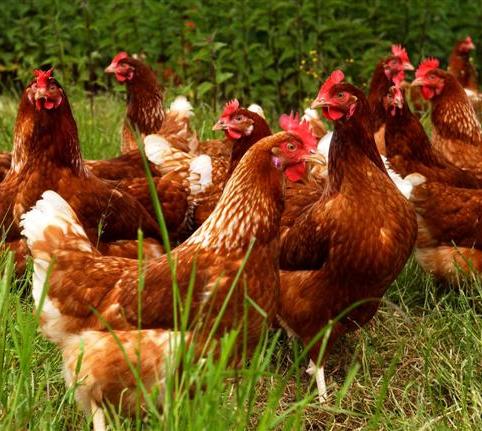Dutch poultry can roam outside again

The Dutch Agriculture Ministry has lifted the order that kept domestic poultry from moving outdoors, as fears over an outbreak of bird flu eased. Among their immediate neighbours, only the Netherlands and Belgium were spared confirmed cases of wild birds infected with the H5N1 strain. Germany, Britain, Denmark and France, all reported cases.
More than 13,000 dead wild birds have been tested in the Netherlands since February, and none have showed signs of H5N1, ministry spokeswoman Nynke van der Zee said.
The Dutch ruffled feathers in Brussels in August 2005, by acting first to order all commercial birds indoors without waiting for European guidelines. The European Union Commission said then that the move was an “overreaction,” but later ordered similar measures.
The Dutch nervousness was caused in part by a recent memory of another kind of bird flu: in a major outbreak of the H7N7 strain in 2003, more than 30 million Dutch birds were culled, 89 humans were infected and one veterinarian died.
Virologist Ab Osterhaus, who advised the Dutch government on precautionary measures, told Dutch NOS television the relief may not last long.
“I think that we’ll have the same problem again in July or August,” he said. “We can’t predict it exactly, but this is a problem that we’re going to have to very much hold reckoning with in the coming years.”
Switzerland also lifted its indoor order Monday. Germany has said it will keep its birds indoors until at least May 12. The first infection of commercial stocks was found on a French turkey farm in February, and France is lifting quarantines on farms in the stricken Ain region on a case-by-case basis.












